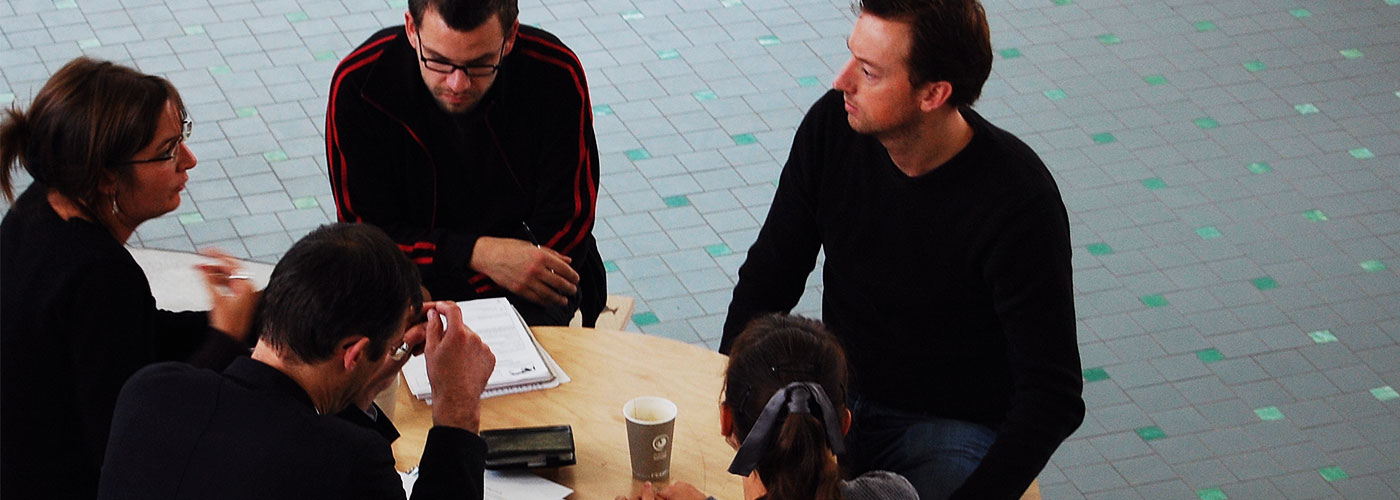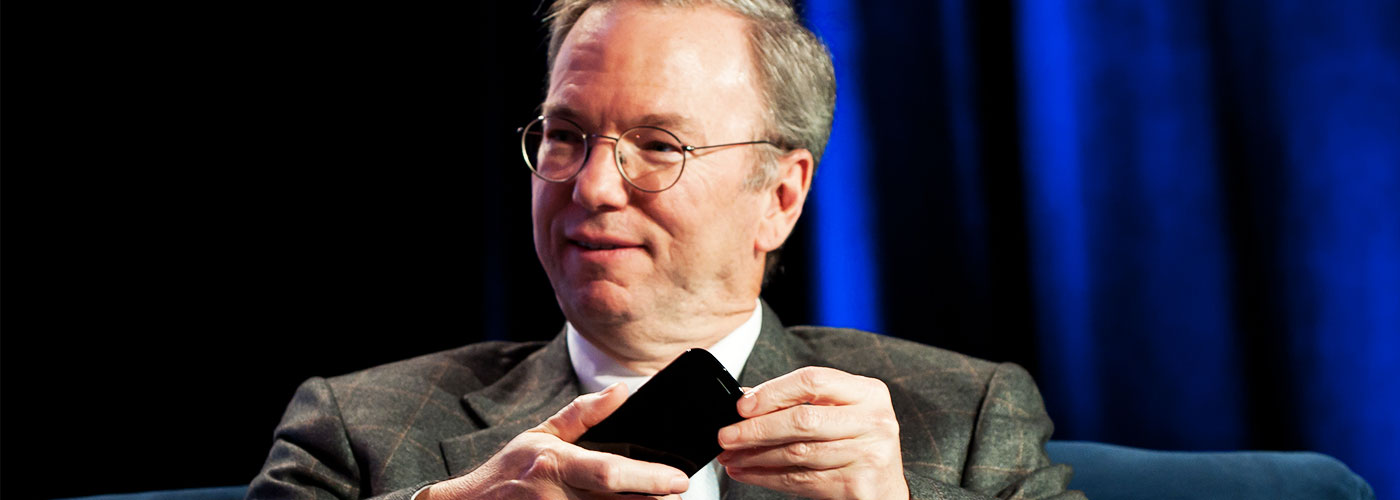I got the following question the other day:
Every VC firm is different so to answer a question like this, it’s important to remember that the answer is one specific to Foundry Group. Never forget that VCs Are Like D&D Characters.
We will address and resolve all conflict between us directly, clearly, quickly, and openly Tweet This Quote
When my partners and I started Foundry Group in 2007, we created a set of deeply held beliefs that we carry around with us every day. Some of them are about our strategy and some are about our behavior.
One of our deeply held beliefs is that “We will address and resolve all conflict between us directly, clearly, quickly, and openly.”
This is easy to say but very hard to do. It means that there will be no passive aggressive behavior on anyone’s part. We won’t carry around things that bother us. Instead, we’ll put them on the table to discuss. We have to have a strong basis of trust, which we’ve extended to the notion of “business love.”
It has to be ok to be upset, to disagree, to be sad, to be disappointed, and to be unhappy Tweet This Quote
It has to be ok to be upset, to disagree, to be sad, to be disappointed, and to be unhappy. These are normal emotions. Things don’t work, they can be confusing, frustrating, or downright miserable. A partnership has to be a safe place to be open about these emotions, especially when they are being generated by someone in the partnership.
The deeply held belief is nice, but unless there are tactics and consistent action to back it up, it ends up being meaningless. There are three things we do to make sure we execute on this deeply held belief.
Weekly Time and Space for Discussion: We have a set time on Monday’s—between 11am and 1pm—where the four of us meet every week. Unlike many firms that chew up an entire Monday of “partner meeting stuff”, we do it over lunch. As part of this we have a chance to touch base with each other once a week. This is like flossing your teeth—it gets rid of the easy stuff.
A partnership has to be a safe place to be open about these emotions, especially when they are being generated by someone in the partnership Tweet This Quote
Regular Dinner / Offsite: We have a full day offsite at least quarterly and as often as monthly. We spend at least an hour on the question “How are each of us doing?” In this case, “doing” means “emotionally doing” and covers what is on our mind, how we are feeling, what is stressing us (professionally and personally), and how we are doing with each other. Sometimes the discussion is balanced between the four of us; other times it ends up being focused on one person. We always end these days with a long dinner together, which allows us to spend more time on our collective relationships.
Fundamentally, it’s about communication. Tweet This Quote
Be Direct: I wrote about this in a post last year titled Brutal Honesty Delivered Kindly. In all of these discussions, we are direct. We are kind to each other and never gratuitous in our comments, but always speak the truth. And when someone is wrong, he owns it.
Fundamentally, it’s about communication. Without the deeply held belief, we don’t have a clear context for how the communication works. But the combination of the deeply held belief and regular practice over the past eight years, has resulted in a highly efficient, trusted form of conflict resolution. Sure, we screw up plenty, but it’s easy to recognize, acknowledge, and course correct when we do.
This originally appeared on Brad’s blog.



